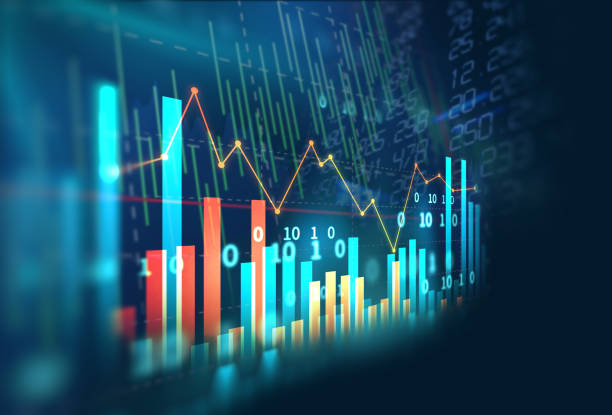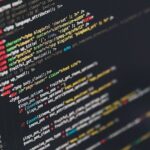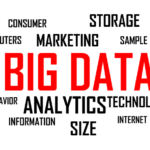Data analytics(DA) is the science of analyzing raw data in order to make conclusions about that information. As we know, data analytics(DA) comprises the processes, tools and techniques of data analysis and management, including the collection, organization, and storage of data.
Firstly, Data analytics draws from a range of disciplines to perform analysis on data in an effort to describe, predict, and improve performance. And, it includes computer programming, mathematics, and statistics.
Secondly, companies ideally need to use all of their generated data to derive value out of it and make impactful business decisions. Moreover, data analytics is used to drive this purpose.
In short, it is the process of exploring and analyzing large datasets to find hidden patterns and unseen trends to make business predictions. In addition, it improves the speed and efficiency of your business.

Types of Data Analytics
- Descriptive Analytics
It describes what has happened over a given period of time. It helps to answer the questions about what happened. These techniques summarize large datasets to describe outcomes to stakeholders.
2. Diagnostic analytics
It focuses more on why something happened. This involves more diverse data. These techniques supplement more basic descriptive analytics. This generally occurs in three steps:
- Identify anomalies in the data.
- It collects the data which is related to the anomalies.
- Then, it uses statistical techniques.
3. Predictive analytics
This leads to what is going to happen in the near future. These techniques use historical data to identify trends. Then, determine from the data and make sure it comes again.
4. Prescriptive analytics
It suggests a course of action. It helps to answer the questions about what should be done. Data-based decisions can be made using insights from predictive analysis.
Why Is Data Analytics Important?
Firstly, data analytics is important because it helps businesses optimize their performances. Implementation of DA in the business model means companies can help reduce costs.
Because, it identifies more efficient ways of doing business and stores large amounts of data.
The applications of data analytics are probably endless. More and more data is being collected every day. Therefore, it increases new opportunities to apply data analytics to more parts of business, science and everyday life.
The Role of Data Analytics
Most importantly, we should know what is the role of data analytics.
So, data analytics helps individuals and organizations make sense of data. A data analyst interprets data and turns it into information which can offer ways to improve a business.
They use various tools and techniques to help organizations make decisions and succeed.
Summary
In conclusion, Data analysis means a process of cleaning, transforming and modeling data to discover useful information.
In short, in this article, we explained what is data analytics and how we need this technology and more.











